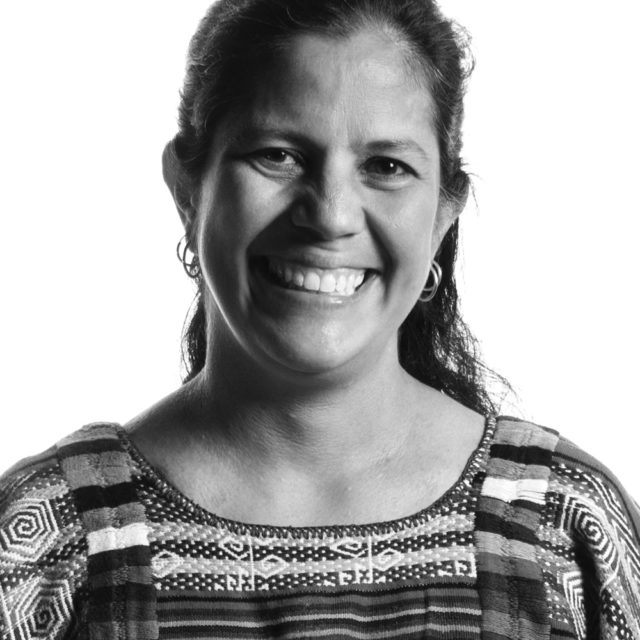Gabriela Pérez Báez
Global Survey of Revitalization Efforts: Regional Focus and Global Synthesis
Speaker
-
Gabriela Pérez Báez

Gabriela Pérez Báez
Gabriela Pérez Báez is Assistant Professor in the Linguistics Department, University of Oregon. Her research centers on revitalization practices around the world. She is the Director of the Language Revitalization Lab and is Co-Director of the National Breath of Life Archival Institute for Indigenous Languages alongside Daryl Baldwin. In her native Mexico, Gabriela works with Zapotec communities and has published on migration and language vitality, verbal inflection and derivation, semantic typology, and language and cognition. Gabriela is the compiler of two dictionaries of Isthmus Zapotec within a participatory and interdisciplinary model. She holds a doctorate in linguistics from the University at Buffalo.
Abstract →
Gabriela Pérez Báez
Global Survey of Revitalization Efforts: Regional Focus and Global Synthesis
Efforts to sustain the use of languages have increased worldwide in the last 20 years. These efforts range from documentation and analysis of languages; development of methods in language teaching; approaches to (re)open domains of use; raising awareness about the importance of linguistic diversity; supportive and inclusive policy-making and linguistic rights advocacy, to name but a few types of efforts.
With the goal of gaining greater knowledge of the extent of these efforts worldwide and to do so in a systematic and comparative manner, I carried out along with a team, the Global Survey of Revitalization Efforts. The Survey was designed following a mixed methods approach and included 30 questions –a mix of qualitative and quantitative questions– and was administered online in 7 languages. Within a period between mid-2016 to mid-2017 we received 245 responses from around the world yielding some 40,000 bits of data. We reported descriptive statistics at a global level in Pérez Báez et al. 2019 based on a segment of the dataset focusing on objectives, assets and needs of the revitalization efforts as well as particulars on the year of inception, diversity of vitality situations in the sample, and on-the-ground activities.
In this presentation I provide a detailed overview of regional descriptive statistics for the three regions in the American continent: Mexico, Central America and the Caribbean as a single region, North America, and South America. I place this contrastive regional analysis within the broader global results. The analyzed sample show, for instance, a high number of efforts initiated in Mexico, Central America and the Caribbean as well as South America in the last 20 years; a large number of efforts in North America focused on revitalization in contexts of prior language dormancy; and common interests across all three regions in efforts to make schooling inclusive of the languages being revitalized.
